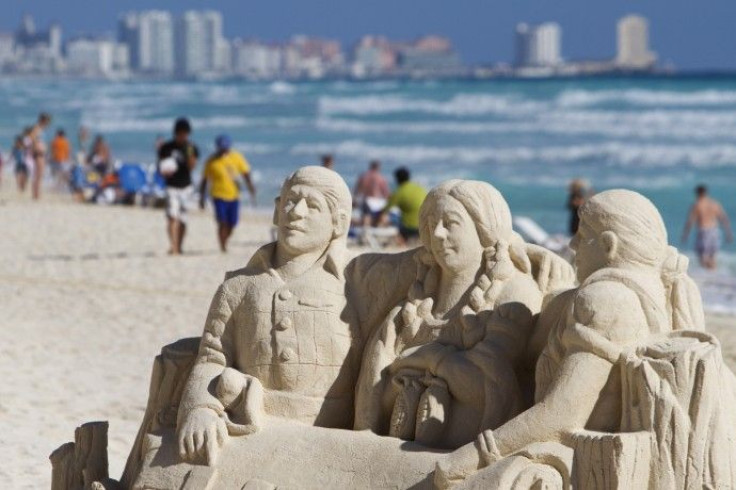Cancun agrees on 'climate deal', funds for developing countries

Delegates at the UN climate change conference in Cancun have agreed on a deal to curb climate change and fund developing countries on Saturday. Bolivia however, raised objections to the proposals drawn up the host Mexico. The draft comes as respite as the last summit in Copenhagen failed to agree on the best way to cut emissions.
The talks in Cancun are UN's latest attempts to keep global temperature rise below 2 degrees Celsius. Despite resisting the Kyoto Protocols earlier, nations lastly endorsed the text of the draft documents of the deal. Tempers flared between delegates over the week after exhausting debates over the issue. UN's Kyoto Protocol compels over 40 developed countries to cut emissions by 2012.
Meanwhile, The Green Climate Fund proposed in the deal is expected to raise and disburse $100bn every year by 2020. The fund is aimed at assisting poor nations with low-carbon development. The Fund will initially use the World Bank as a trustee, a demand by the the US, EU and Japan. Developing countries would receive and aid to tab deforestation and other environmental disasters.
The texts on the table represent the work of many delegations, that carry the hope of delivering what our societies expect, said Mexican Foreign Minister Patricia Espinosa, chair of the conference.
What we have now is text that while not perfect, is certainly a good basis for moving forward, Todd Stern, the US climate envoy told the conference.
His comments marked the first time in many years that a US delegate has been cheered to the rafters of a UN climate convention hall, the BBC reported.
Delegates from Japan and China were cheered after the endorsed the draft. Both the countries expressed opposition to the proposal during negotiations earlier in the week.
Meanwhile, Bolivia objected to the draft and alleged that elements of the deal were constructed through private conversations between small groups of countries.
What concerns us most is that a list is going to be drawn up, and it will not be commitments under the Kyoto Protocol, Bolivian delegate Pablo Solon told Espinosa. I urge you to reconsider, he added.
Saudi Arabia and some Latin American countries raised objections as well, but none rejected the texts of the deal. Environmentalists expressed satisfaction over the progress at the Cancun summit. It's really pretty historic, Christiana Figueres, head of the U.N. Climate Change Secretariat said on Saturday.
© Copyright IBTimes 2024. All rights reserved.











